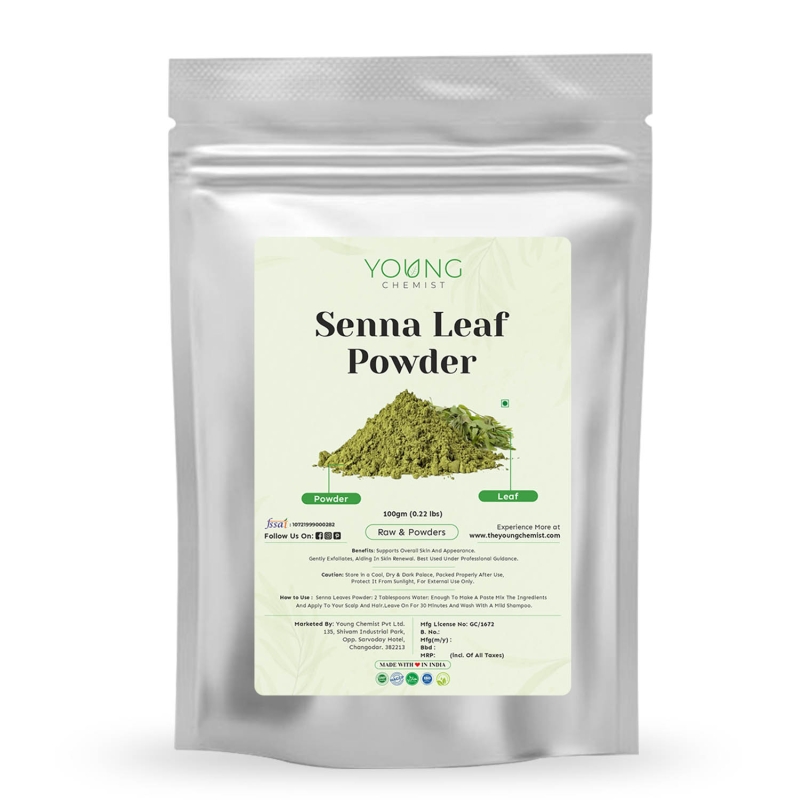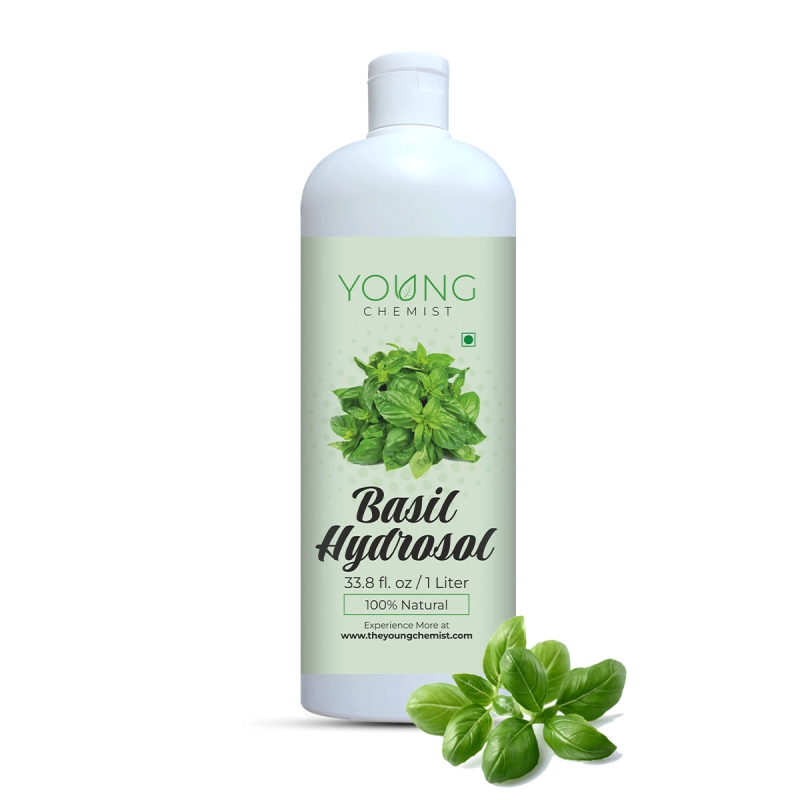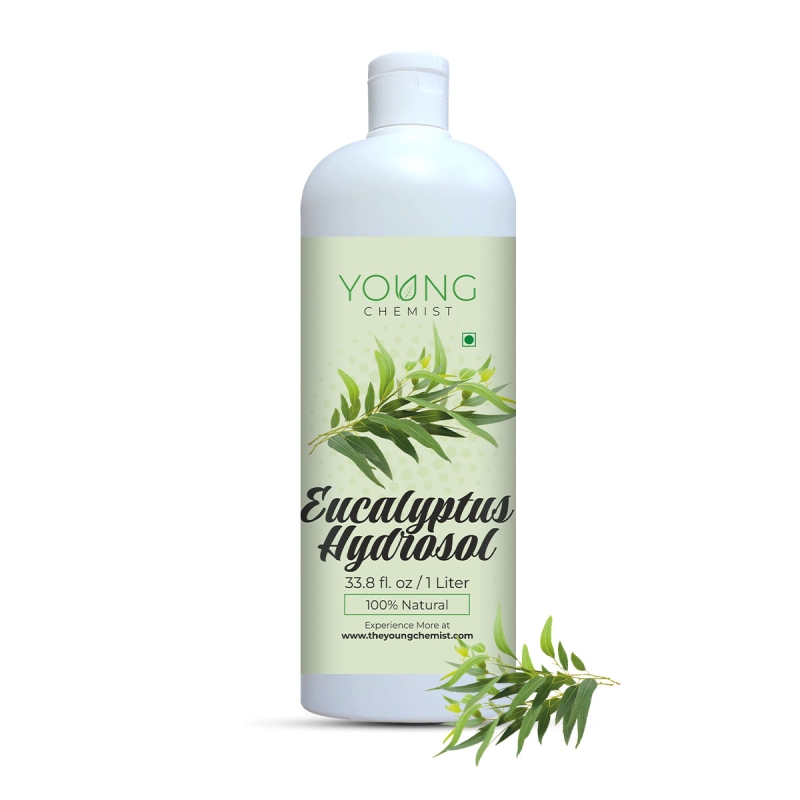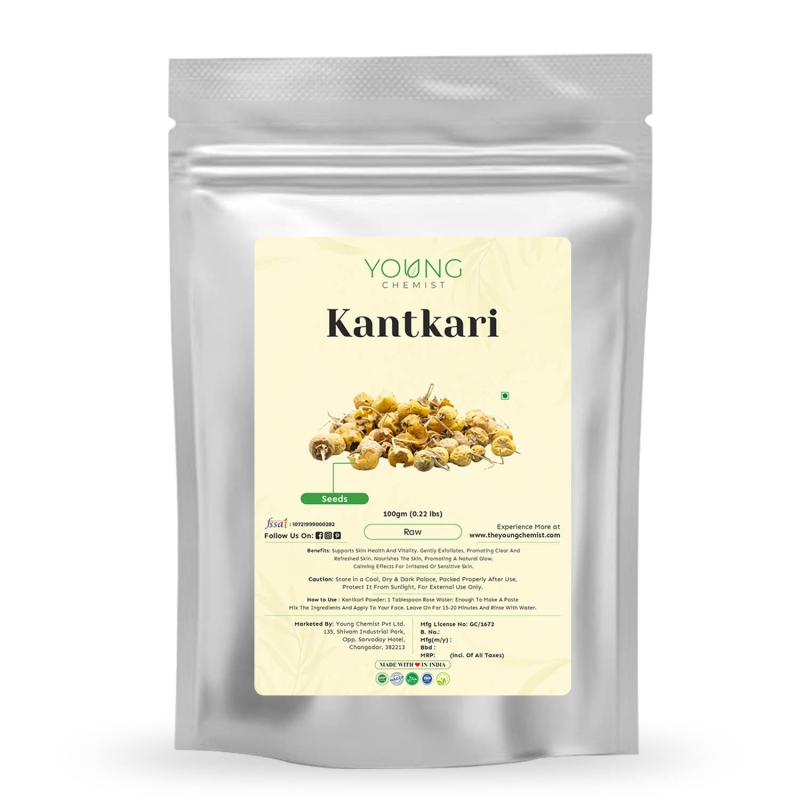-
No Item Added in Cart.
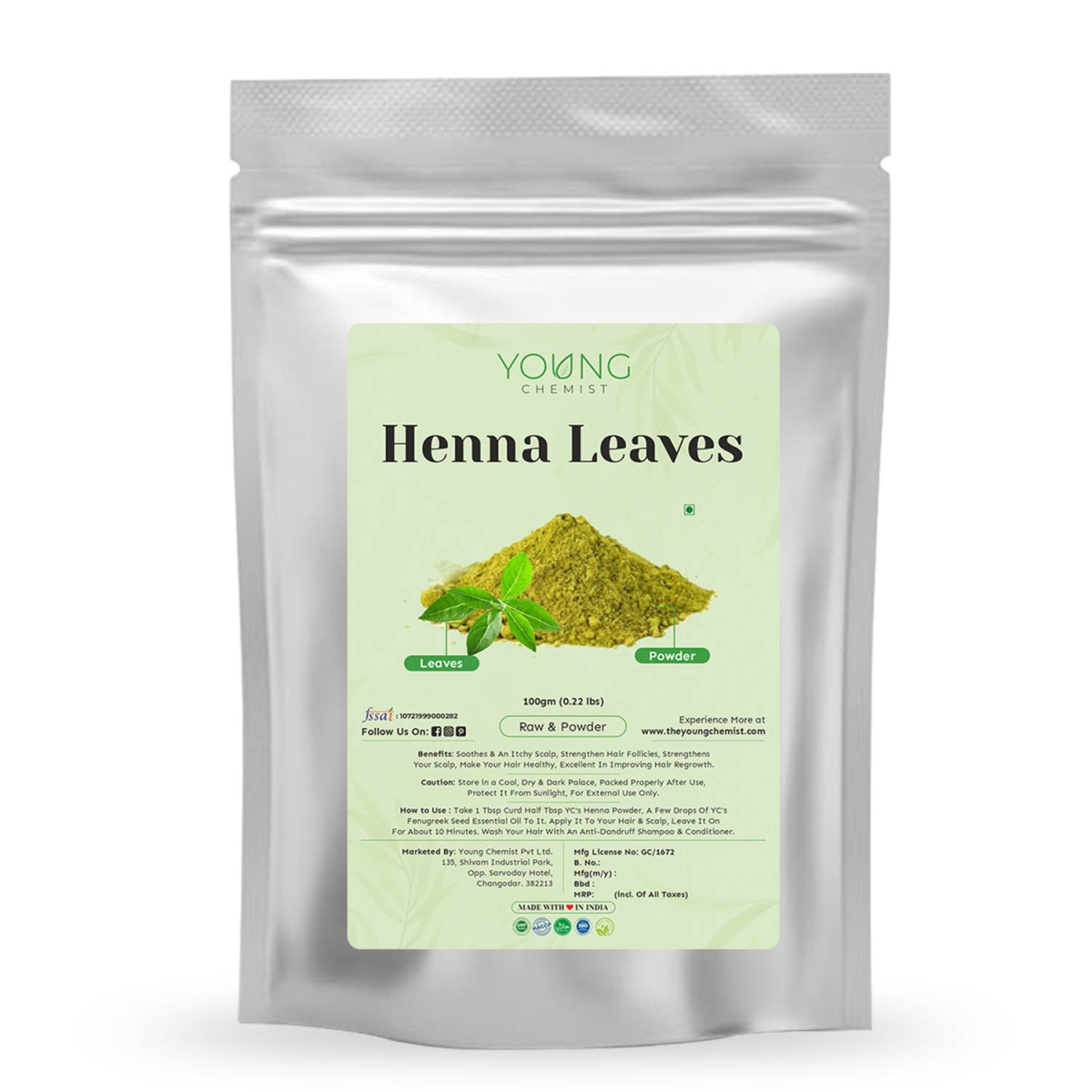
- The Henna plant is popularly called Mehendi; it is cultivated in India, with its leaves being used by women, as a natural hair dye, as well as for decorative body art, particularly on hands and feet. The antioxidants like tannins, catechins, flavonoids, essential fatty acids, and vitamin E have beneficial traits for hair health.
How Henna leaves is known in your area?
- In Punjabi Hinna, Mehndi, Nakrize, Panwar; in Sindhi Mendi; in Marathi Henne, Mendie; in Gujarati Medi, Mendi; in Bengal Mehedi, Mehndi, Shudi.
- For dandruff, simply massage hair and scalp with henna powder paste mixed with a few drops of lemongrass oil once or twice a week. This natural home remedy removes dandruff, eliminating irritation and flaking of the scalp. Using henna-based shampoos and conditioners to clean the hair and scalp regularly, helps to reduce split ends, dryness and promote the growth of long, thick tresses.
- Filled with antifungal traits, henna is a beautiful natural solution for treating dandruff and other microbial disorders occurring on the scalp. Henna contains a lot of hair-fortifying elements, including proteins, antioxidants, and vitamin E, which improve hair health. Multiple skin diseases such as skin burns, rashes are often cured with the help of henna leaves paste. Even leprosy can also be entirely cured with Mehendi/ henna leaves.
- Henna is not safe if taken by mouth. Accidentally swallowing henna requires immediate medical attention. It can cause stomach upset, muscle breakdown, kidney failure, destruction of red blood cells (hemolytic anemia), and death in some cases.






